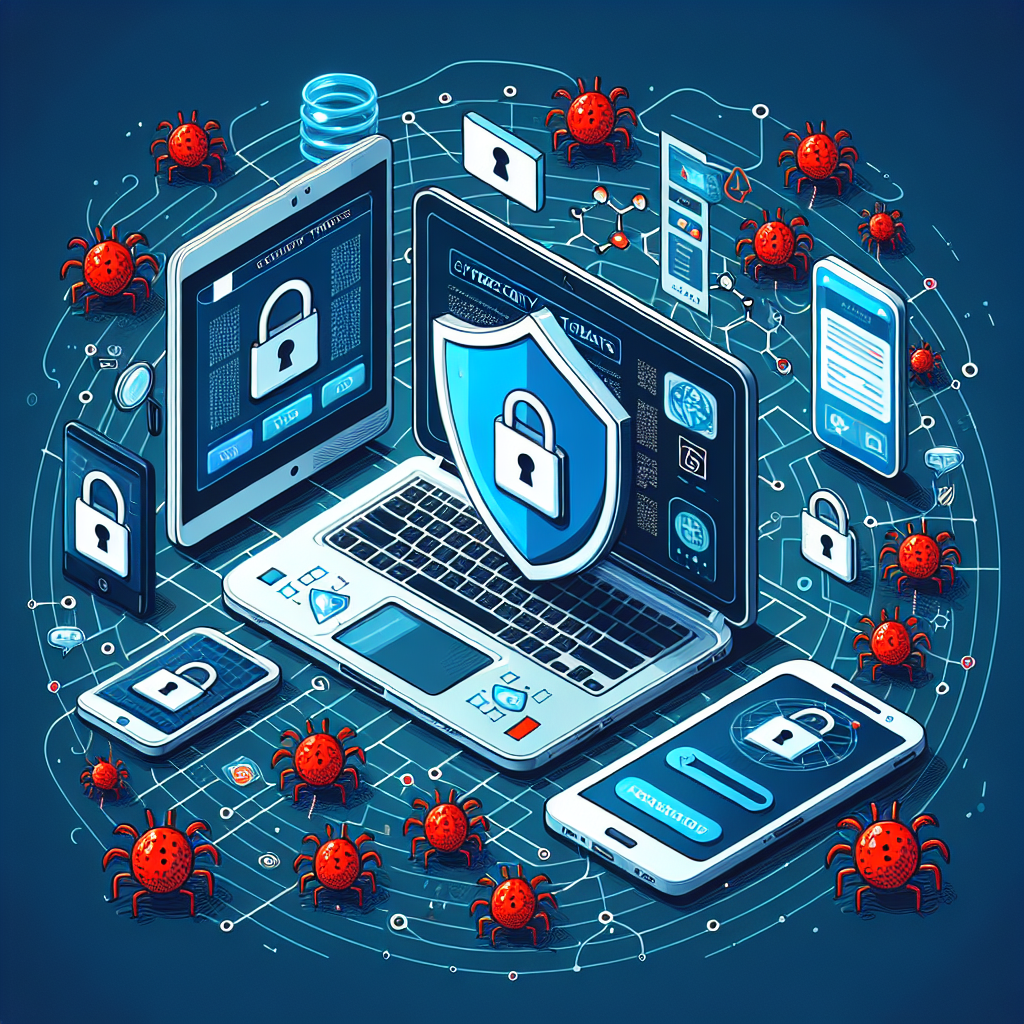Your cart is currently empty!
Cybersecurity Threats and How to Stay Safe Online

In today’s digital age, cybersecurity threats are becoming increasingly prevalent and sophisticated. Cybercriminals are constantly on the lookout for vulnerabilities in our online systems and devices, aiming to steal sensitive information or disrupt our daily lives. It is crucial for individuals to stay vigilant and adopt best practices to protect themselves from these threats.
One of the most common cybersecurity threats is phishing, where cybercriminals use deceptive emails or websites to trick individuals into providing personal information such as passwords or credit card details. To avoid falling victim to phishing attacks, it is important to always verify the sender’s identity before clicking on any links or providing any information. Additionally, never share sensitive information over email or text messages unless you are certain of the recipient’s identity.
Another common cybersecurity threat is malware, which is malicious software designed to infiltrate and damage your computer or device. To protect yourself from malware, make sure to install reputable antivirus software on all your devices and keep it updated regularly. Avoid downloading software or files from unknown sources, as they may contain malware that could compromise your device’s security.
Ransomware is also a growing cybersecurity threat, where cybercriminals encrypt your files and demand a ransom for their release. To protect yourself from ransomware attacks, always back up your important files on a regular basis and store them in a secure location. It is also important to be cautious when opening email attachments or clicking on suspicious links, as they may contain ransomware that could infect your device.
In addition to these common cybersecurity threats, individuals should also be mindful of their online activities and take steps to secure their accounts and devices. Use strong, unique passwords for each of your online accounts and enable two-factor authentication whenever possible. Avoid using public Wi-Fi networks for sensitive activities such as online banking or shopping, as they may be unsecured and vulnerable to cyber attacks.
Overall, staying safe online requires a combination of awareness, caution, and proactive security measures. By following these best practices and staying informed about the latest cybersecurity threats, individuals can better protect themselves from cybercriminals and safeguard their personal information in the digital world.

Leave a Reply